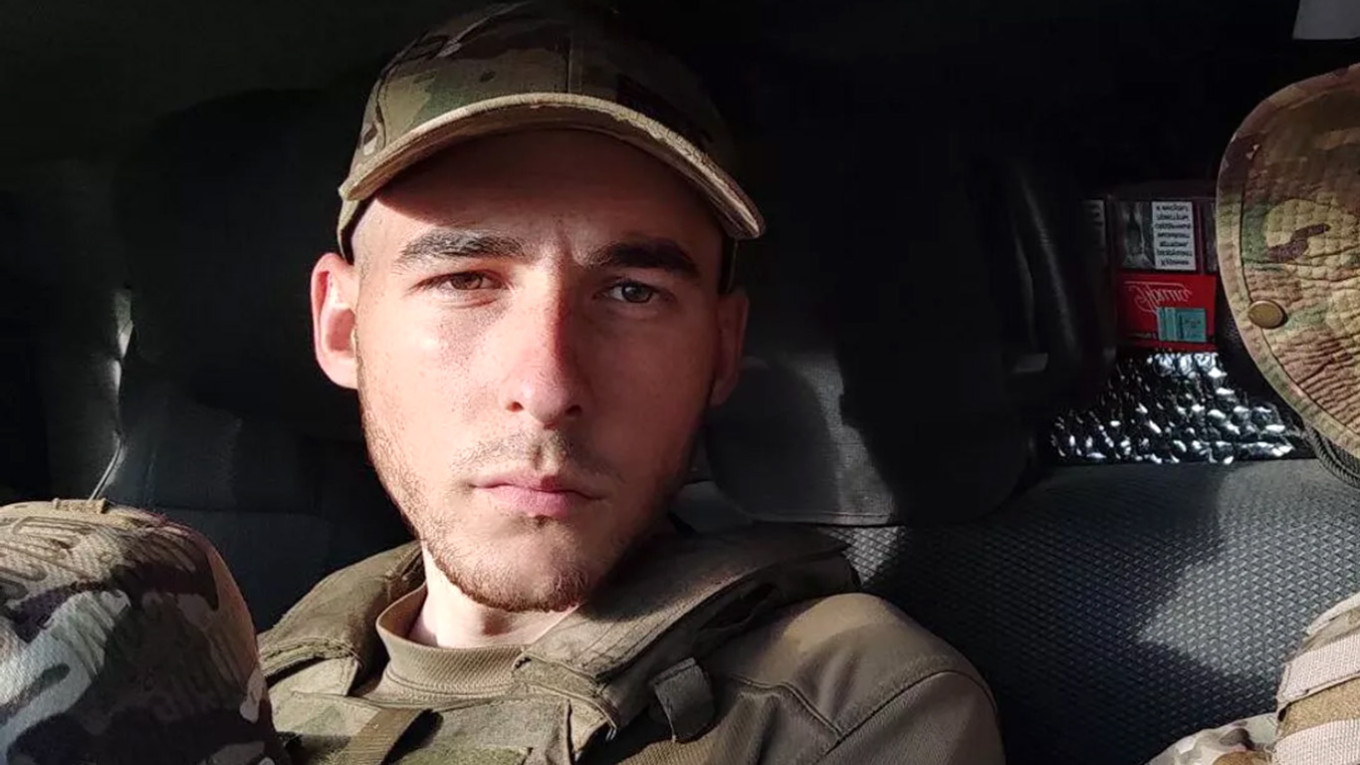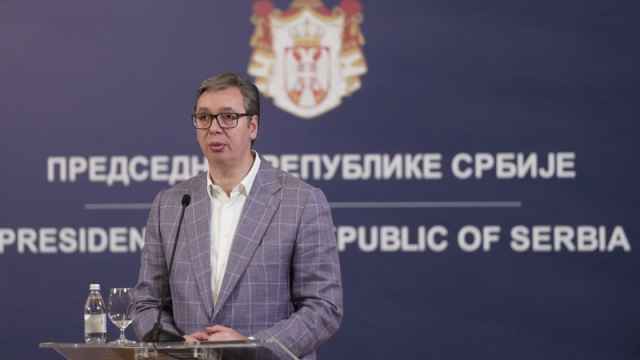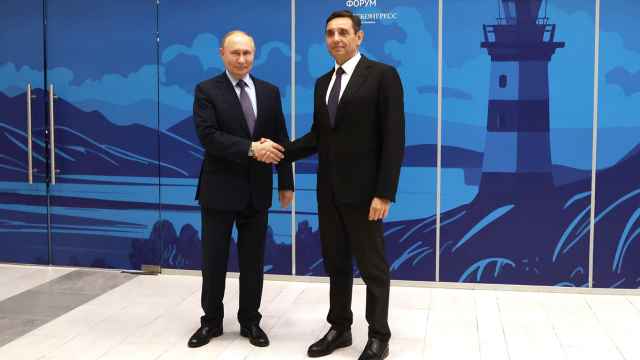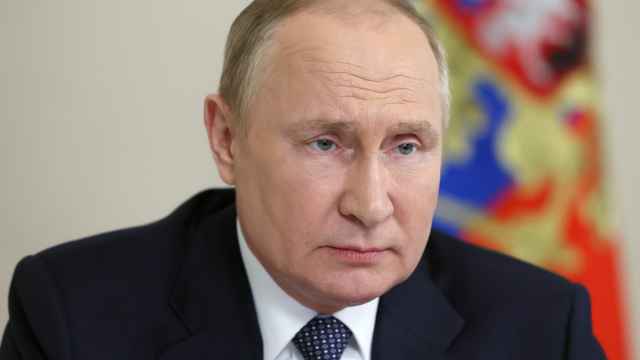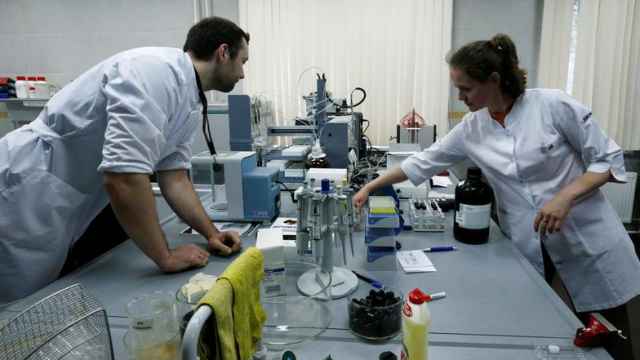President Vladimir Putin on Thursday granted Russian citizenship to 22 foreigners including a Serbian national who said he faced prosecution in his native country for fighting on Russia’s side in Ukraine.
Aleksandar Jokic recorded a video appeal to Putin this spring to ask the Russian president to help him avoid serving 25 years in Serbian prison on mercenarism charges by giving him a Russian passport.
Jokic’s case prompted Russian lawmakers to take up legislation banning the extradition of foreigners subject to criminal prosecution in their countries for taking part in what the Kremlin calls its “special military operation” in Ukraine.
Putin in January simplified the citizenship process for foreigners who join the Russian army.
But Jokic said in his video appeal that he had been denied Russian citizenship for three years because the unit he fought for was based in the Russian-occupied Donetsk region of eastern Ukraine.
French media has reported that Jokic’s unit OBTF Cascade may have been founded by a former Russian lawmaker and member of the ruling, pro-Kremlin United Russia party.
Jokic said he faced deportation to Serbia after his unit was expected to be disbanded in April.
Putin’s decree published Thursday on an official website of Russian legislative acts states that Jokic was born in Serbia on Jan. 26, 2003.
Serbia has condemned the Russian invasion of Ukraine at the United Nations but has always refused to sanction Moscow, with whom it has friendly relations.
Belgrade has warned Serbs that joining Russia's forces against Kyiv would lead to legal consequences. It has also asked Moscow to end its attempts to recruit Serbs to fight in Ukraine as part of the notorious Wagner mercenary group.
A Message from The Moscow Times:
Dear readers,
We are facing unprecedented challenges. Russia's Prosecutor General's Office has designated The Moscow Times as an "undesirable" organization, criminalizing our work and putting our staff at risk of prosecution. This follows our earlier unjust labeling as a "foreign agent."
These actions are direct attempts to silence independent journalism in Russia. The authorities claim our work "discredits the decisions of the Russian leadership." We see things differently: we strive to provide accurate, unbiased reporting on Russia.
We, the journalists of The Moscow Times, refuse to be silenced. But to continue our work, we need your help.
Your support, no matter how small, makes a world of difference. If you can, please support us monthly starting from just $2. It's quick to set up, and every contribution makes a significant impact.
By supporting The Moscow Times, you're defending open, independent journalism in the face of repression. Thank you for standing with us.
Remind me later.


